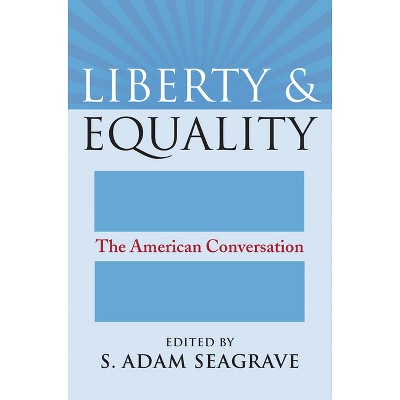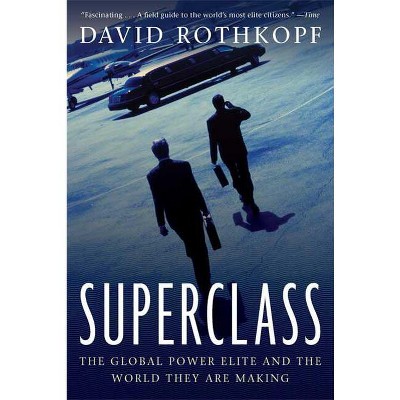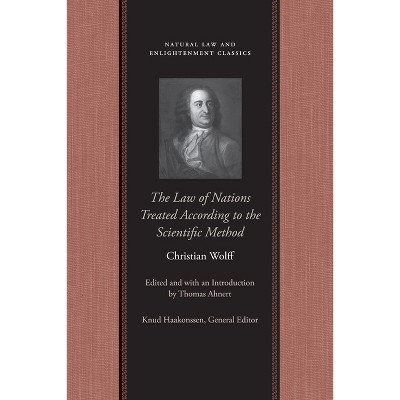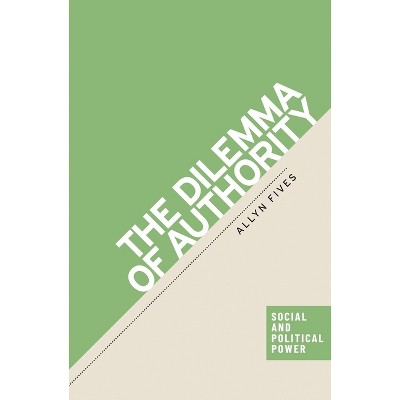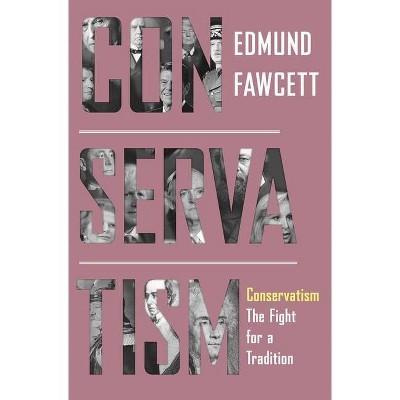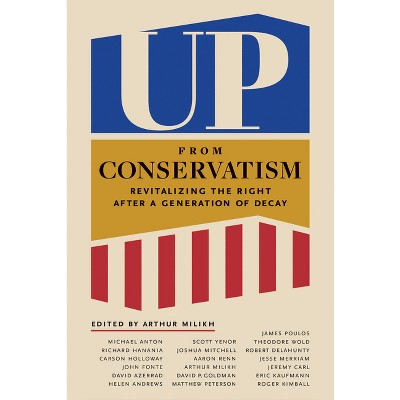Sponsored

Rethinking the End of Empire - by Lynn M Tesser (Paperback)
In Stock
Sponsored
About this item
Highlights
- The return of great power politics at a time of surging nationalism invites a fresh look at why the world order centers on the nation-state.
- About the Author: Lynn M. Tesser teaches international relations at the Marine Corps University and is the author of Ethnic Cleansing and the European Union (2013).
- 310 Pages
- Political Science, International Relations
Description
About the Book
"Why did a nation-state order emerge when nationalist activism was usually an elitist pursuit in the age of empire? Ordinary inhabitants and even most indigenous elites tended to possess religious, ethnic, or status-based identities rather than national identities. Why then did the desires of a typically small number result in wave after wave of new states? The answer has customarily centered on the actions of "nationalists" against weakening empires during a time of proliferating beliefs that "peoples" should control their own destiny. This book upends conventional wisdom by demonstrating that nationalism often existed more in the perceptions of external observers than of local activists and insurgents. Lynn M. Tesser adds nuance to scholarship that assumes most, if not all, pre-independence unrest was nationalist and separatist, and sheds light on why the various demands for change eventually coalesced around independence in some cases but not others"--Book Synopsis
The return of great power politics at a time of surging nationalism invites a fresh look at why the world order centers on the nation-state. Why did a nation-state order emerge when nationalist activism was usually an elitist pursuit in the age of empire? Ordinary inhabitants and even most indigenous elites tended to possess religious, ethnic, or status-based identities rather than national identities. Why then did the desires of a typically small number result in wave after wave of new states? The answer has customarily centered on the actions of "nationalists" against weakening empires during a time of proliferating beliefs that "peoples" should control their own destiny. This book upends conventional wisdom by demonstrating that nationalism often existed more in the perceptions of external observers than of local activists and insurgents. Lynn M. Tesser adds nuance to scholarship that assumes most, if not all, pre-independence unrest was nationalist and separatist, and sheds light on why the various demands for change eventually coalesced around independence in some cases but not others.
Review Quotes
"The book is a helpful and historically rich account of the contingent minutia of political movements that help to bust nationalist myths, which must be deconstructed if we want to arrive at a better understanding of how nationalism has worked historically as well as in contemporary politics." --Erin K. Jenne, H-Diplo
"The central thesis of Lynn Tesser's book is that mainstream scholarship has 'been reading history backwards' by attributing the emergence of many of today's independent nation-states to bottom-up nationalist rebellions and revolts. On the contrary, she argues, states emerged from the ashes of empires because of decisions taken by specific actors: imperial policymakers who defined these territorial units, their great-power rivals who sought to exploit unrest in rival empires and states, and local colonial elites and activists who created narratives of nationalist assertion, often after the fact." --Chester A. Crocker, Survival
"Exactly how the international state system transitioned from empire-dominated to being composed of nation-states is fundamental to our understanding of the world we live in. Lynn M. Tesser leverages recent advances in historiography to formulate a provocative argument stressing the surprising role of empires themselves in triggering the worldwide transition that caused their end." --Stathis N. Kalyvas, University of Oxford
"Lynn M. Tesser rewrites the history of the nation-state system of the late 20th century not as a long-term, self-propelled process, but as a recent and contingent one. She makes clear that not only were empires viable and dynamic forms of politics up until World War II, but that a variety of alternatives were in play, from federalism to world communism. Nationalism could be a powerful force, but not the only one and always in relation to other aspirations. The task for the social scientist or historian, then, is to explain the specific patterns in which nationally based states emerged amidst other political forms and how--in the period after 1945--alternatives to the nation-state form were gradually narrowed. Tesser sets herself this task, explaining both the advance of national forms and their limitations. This book will generate useful controversy and help to provoke a rethinking of 'big picture' analyses in political science, international relations, and history." --Frederick Cooper, author of Citizenship between Empire and Nation: Remaking France and French Africa, 1945-1960
"This book offers a fresh and thought-provoking perspective on the history of national independence across the globe. The world stumbled into its current nation-state form, Lynn M. Tesser argues. She emphasizes contingency, the crucial role of great powers, and the lack of popular support or a clear vision for national independence among anti-imperial elites." --Andreas Wimmer, Columbia University
About the Author
Lynn M. Tesser teaches international relations at the Marine Corps University and is the author of Ethnic Cleansing and the European Union (2013).Shipping details
Return details
Guests also viewed


